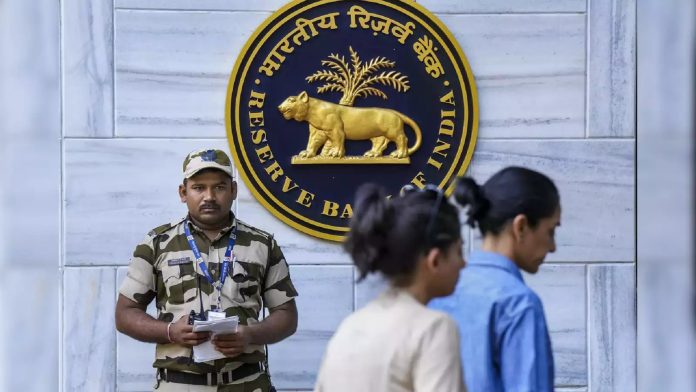The Reserve Bank of India has made changes in the penalty rules under the Payment and Settlement Systems Act and made them more stringent. Let us tell you that, under this Act, a fine of up to 10 lakhs can now be imposed.
The Reserve Bank of India (RBI) has implemented new rules under the Payment and Settlement Systems Act (PSS Act), which will keep a strict watch on banks and payment service companies. Now if a payment system is operated without permission, confidential information is leaked or the fine is not paid on time, it will be considered a violation of the law and heavy penalties can be imposed.
What are the new rules?
- RBI has made some important changes to make its enforcement action more effective:
- Operating payment services without a license will be considered a crime.
- Disclosing confidential or restricted information will be a violation of the rules.
- If the fine imposed by RBI is not paid within the stipulated time, then a penalty will be imposed.
What is the new limit of penalty?
Earlier RBI had the right to impose a maximum fine of Rs 5 lakh. But after the implementation of the Public Trust Act, 2023, it has been increased to Rs 10 lakh or twice the amount related to the violation (whichever is higher). This change has come into effect from January 22, 2024.
Additional penalty up to Rs 25,000 per day
If a bank or payment service company continuously violates the rules, an additional penalty of up to Rs 25,000 can be imposed every day even after the earlier penalty. This penalty will continue until the violation is rectified.
What will happen to compoundable offenses?
RBI has clarified that crimes which have a provision of jail sentence will not be compoundable. Only those cases which are related to material violations (such as process irregularities) will be given the option to reduce or compromise the penalty.
Why did RBI make these changes?
The purpose of these new rules is to bring more transparency in the digital payment system and maintain discipline in the financial sector. RBI wants all banks and payment service companies to strictly follow the rules, so that the interests of consumers can be protected and digital transactions remain safe.
What will banks and companies have to do?
Now all banks and payment service companies will have to strictly follow the rules of RBI, otherwise they may be hit by heavy fines. This decision will ensure better control and accountability in the digital payment sector.
Most Read Articles:
- Income Tax: Good news! Now there will be no tax on income up to ₹ 13.70 lakh, see this calculation
- Senior Citizens Tax Deduction: Senior citizens will get double tax exemption on FD, no need to file ITR on earning up to 10 lakh
- Credit Card Link UPI: Link your credit card to UPI from home, know step-by-step guide


